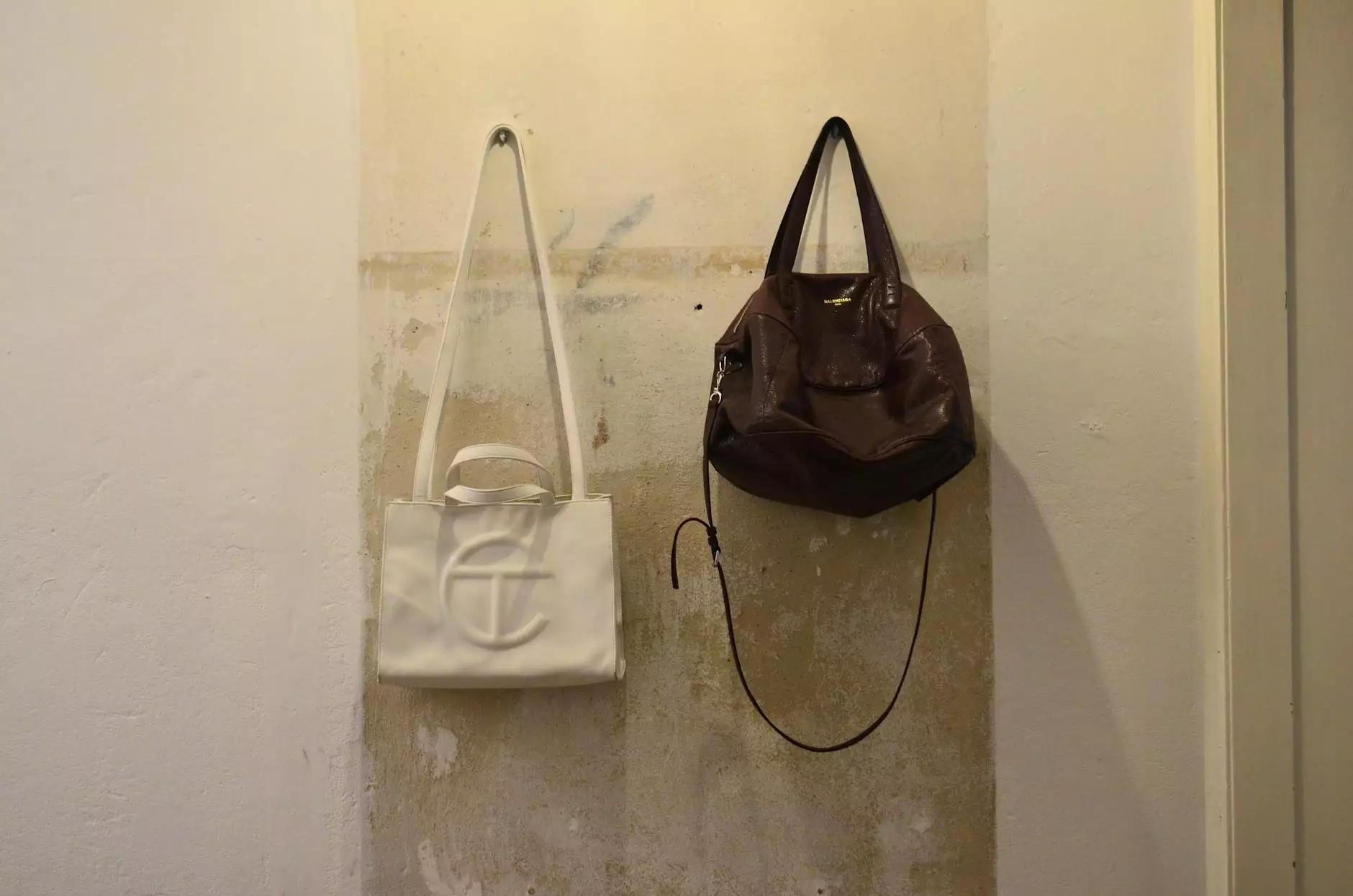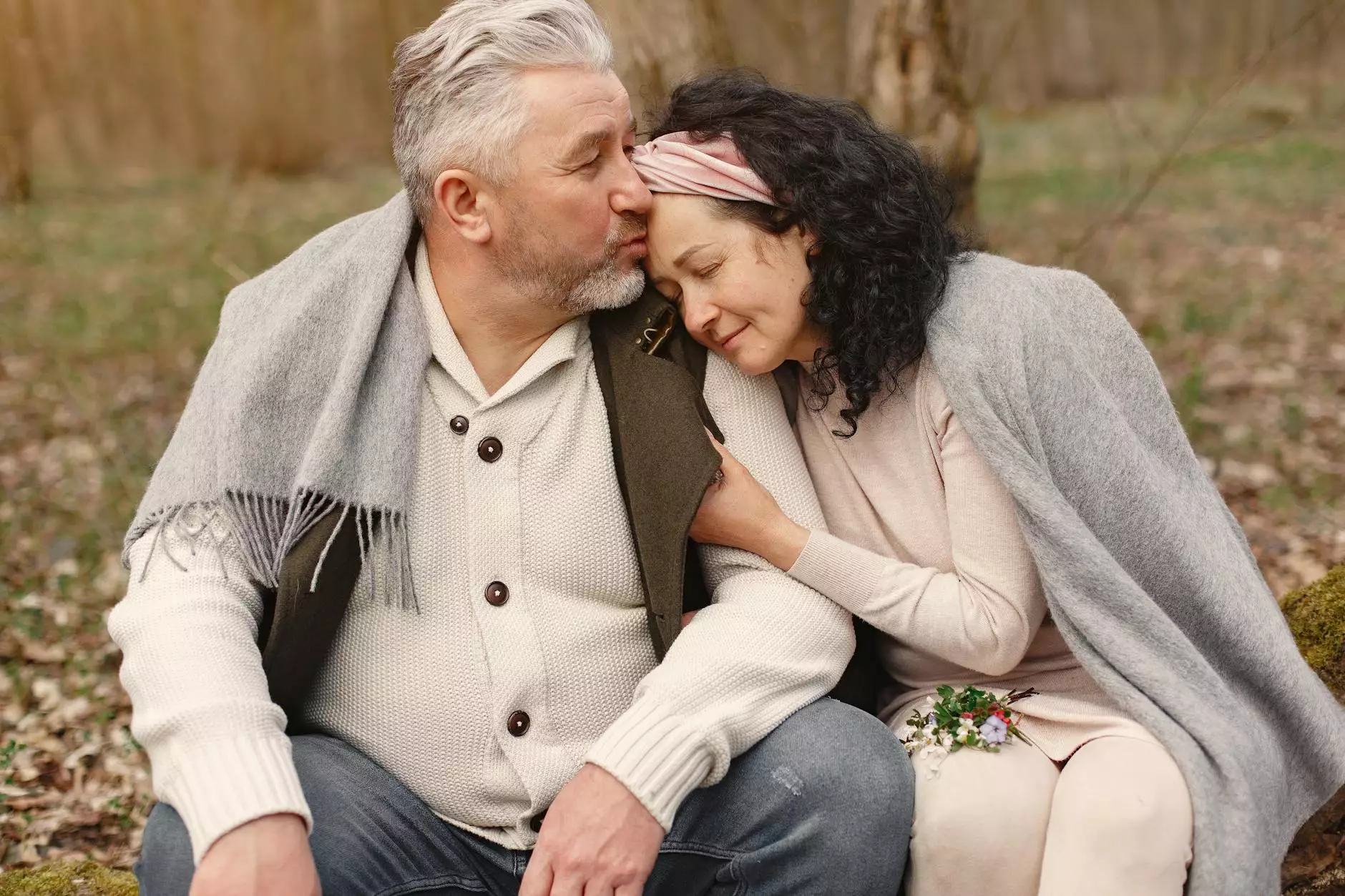Mindfulness in Simulation
Blog
Welcome to Kimwell Nursing Home's blog, where we delve into the fascinating world of geriatric and aging care. In this article, we will explore the concept of mindfulness in simulation and its significance in enhancing the quality of care provided to our residents.
The Importance of Mindfulness in Simulation
Mindfulness, a practice rooted in ancient meditation techniques, has gained recognition as a powerful tool for cultivating self-awareness and presence in various fields. When applied to the simulation environment, mindfulness allows healthcare professionals to focus their attention fully on their actions, thoughts, and emotions during the training process.
In the context of geriatric and aging care, mindfulness in simulation enables our dedicated staff to engage in comprehensive and holistic learning experiences. By integrating mindfulness into our simulation practice, we enhance our ability to create empathetic relationships with residents, improve communication, and develop efficient problem-solving skills.
Benefits of Mindfulness in Geriatric and Aging Care Simulation
Mindfulness practice during simulation exercises offers numerous benefits that directly translate into better care for our residents. Let's explore some of the advantages:
1. Emotional Resilience
Simulated scenarios provide our healthcare professionals with opportunities to experience and manage a range of emotions before encountering similar situations with real residents. Through mindfulness, our team learns to regulate stress, maintain composure, and deliver care with empathy and compassion.
2. Enhanced Communication Skills
Mindfulness-based simulation enables our staff to improve their communication skills by cultivating active listening and non-verbal communication techniques. By being fully present in the moment, healthcare professionals can better understand the needs and concerns of our residents and respond appropriately.
3. Critical Thinking and Problem Solving
By practicing mindfulness during simulation exercises, our staff can enhance their critical thinking abilities and develop effective problem-solving skills. This approach fosters the necessary cognitive flexibility to adapt to varying situations, identify underlying issues, and devise innovative solutions for our residents' well-being.
4. Empathy and Person-Centered Care
Mindfulness encourages our healthcare professionals to cultivate empathy, develop a deeper understanding of the aging process, and promote person-centered care. By placing themselves in the shoes of our residents, our team can provide the highest level of compassionate care tailored to each individual's unique needs and preferences.
Mindfulness Practice at Kimwell Nursing Home
At Kimwell Nursing Home, we prioritize mindfulness in simulation as a cornerstone of our training programs. Our team engages in regular mindfulness exercises, both individually and collectively, to enhance their skills and competencies in geriatric and aging care.
Through a combination of guided meditation, breathing techniques, and reflective practice, our healthcare professionals learn to cultivate mindfulness and apply it to their daily interactions with residents. This enables them to foster a supportive and dignified environment that promotes the overall well-being of those under our care.
Conclusion
Mindfulness in simulation is not merely a trend but a transformative approach that allows our healthcare professionals to navigate the complexities of geriatric and aging care with grace and sensitivity. By integrating mindfulness into our training practices, Kimwell Nursing Home is committed to providing exceptional care that prioritizes the dignity and happiness of our residents.
Join us on this journey towards improving geriatric and aging care through mindfulness in simulation. Together, we can create a brighter future for our aging population.










